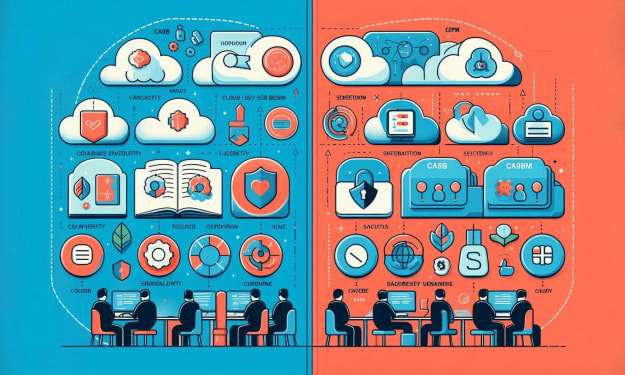
Artificial Intelligence, or AI, has become a buzzword in recent years as the technology has rapidly evolved and made its way into various industries. But what exactly is AI and how does it work? In this blog post, we will explore the basics of AI and its impact on society.
What is Artificial Intelligence?
Artificial Intelligence refers to the development of computer systems that can perform tasks that typically require human intelligence, such as visual perception, speech recognition, decision-making, and language translation. AI can be divided into three categories: narrow or weak AI, which is designed for a specific task; general or strong AI, which can perform any intellectual task that a human can; and artificial superintelligence, which is a future AI system with capabilities beyond human comprehension.
A Brief History of Artificial Intelligence
The concept of AI has been around for decades, with early research starting in the 1950s. However, it wasn't until the advent of faster computers and advancements in machine learning in the 2000s that AI started to become a reality. Today, AI has made its way into various industries, from healthcare to finance to retail, and is continuing to rapidly evolve.
Types of Artificial Intelligence
There are various types of AI, including:
- Rule-based systems: These systems use a set of rules to make decisions and solve problems.
- Expert systems: These systems use knowledge and reasoning to solve problems in a specific domain.
- Machine learning: This type of AI uses algorithms and statistical models to improve decision-making over time based on data inputs.
- Deep learning: This is a type of machine learning that uses neural networks, which are modeled after the human brain, to perform tasks such as image recognition and natural language processing.
AI vs Machine Learning vs Deep Learning
AI is a broad field that encompasses various technologies, including machine learning and deep learning. Machine learning is a subset of AI that involves the development of algorithms and statistical models to improve decision-making based on data inputs. Deep learning, on the other hand, is a type of machine learning that uses neural networks to perform tasks such as image recognition and natural language processing.
The Importance and Impact of AI on Society
AI has the potential to transform various industries and improve our daily lives. For example, AI can be used in healthcare to diagnose diseases, analyze medical images, and develop personalized treatment plans. In finance, AI can be used to detect fraud, analyze financial data, and make investment decisions. In retail, AI can be used to improve customer service, recommend products, and optimize supply chain management.
However, the rapid development of AI also raises important ethical concerns, such as bias and discrimination in AI systems, privacy issues, job displacement, and responsibility and accountability in AI decision-making. Society needs to consider these issues as we continue to develop and integrate AI into our lives.
AI is a rapidly evolving technology that has the potential to greatly impact our lives and various industries. From rule-based systems to deep learning, AI encompasses a range of technologies that are changing the way we live and work. As AI continues to advance, society needs to consider both its benefits and potential drawbacks, and work towards responsible and ethical AI development.
In conclusion, Artificial Intelligence is revolutionizing the way we live and work, bringing us closer to a future where technology can perform tasks that once required human intelligence. From improving healthcare outcomes to optimizing retail operations, AI is having a profound impact on various industries. But with great power comes great responsibility, and society must consider the ethical implications of AI as we continue to develop and integrate this technology into our lives.
The potential for AI to make our lives easier and more efficient is limitless, but we must approach its development with caution and consideration for its impact on society. From addressing biases and discrimination to ensuring privacy and accountability, the future of AI depends on how we handle the challenges and opportunities it presents.
So let's work together towards a future where AI is used for the greater good, bringing benefits to all and shaping a better tomorrow for generations to come.






Comments
There are no comments for this story
Be the first to respond and start the conversation.